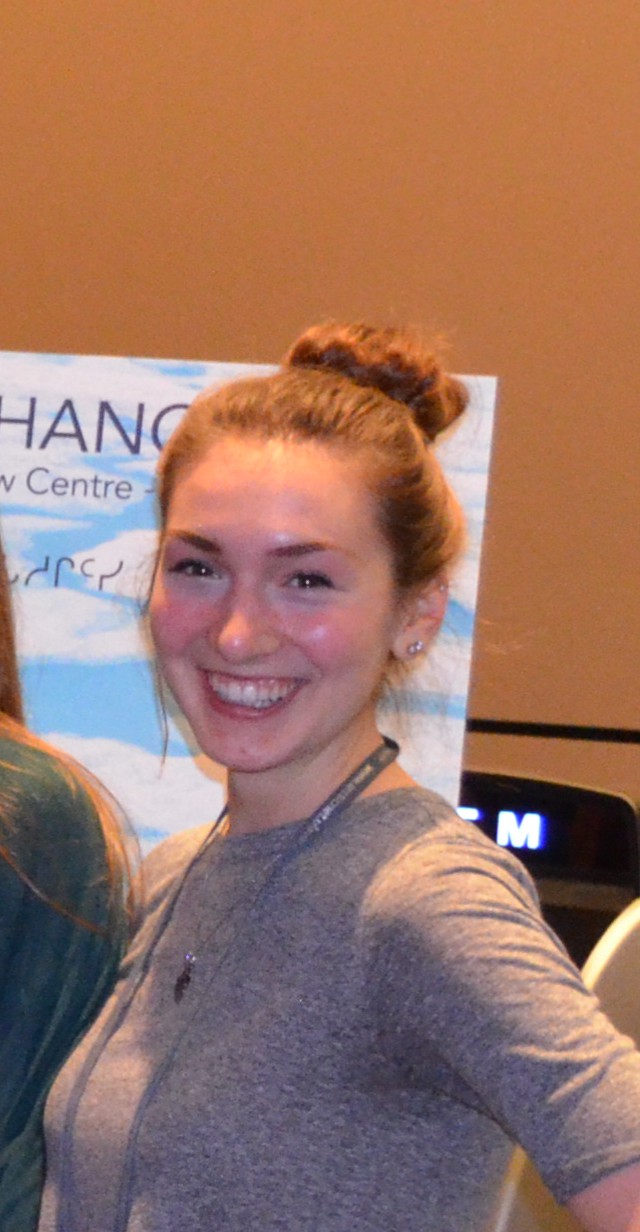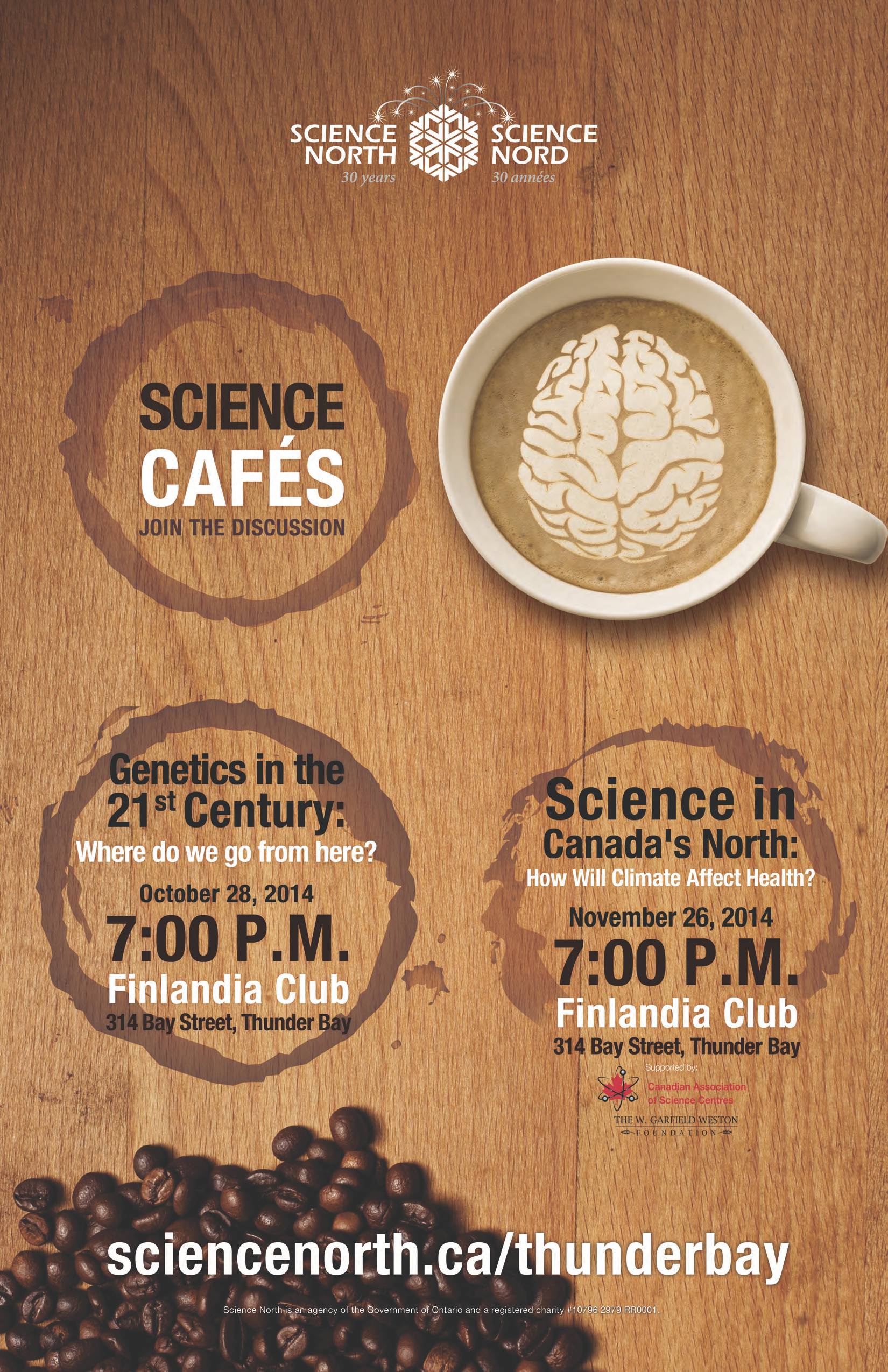Written by Kate Bishop-Williams
PART 3

In the second week, Vivienne and I were able to get started with the data, and we made great headway!
On Monday we had a variety of meetings that allowed us to set a finalized plan for data entry over the next number of weeks. The pace is different in Uganda, but we were very lucky to make progress in a single day. The hospital has set us up with office space to work in. We walk home through town and it is a great way to experience town and see what life here is really like.
Tuesday we began data entry. We used the binders to develop a template for data entry, collecting the variables that were important for research, but also what was important to the hospital for the records we w ould leave behind.
ould leave behind.
Wednesday was much like Tuesday, and we entered 4 more binders, 2 months of data records. We also met our new office mate! He is a red-tailed monkey and very friendly!
On Thursday we made our first visit to the Uganda Wildlife Authority (UWA) in Bwindi Impenetrable National Park. It was lovely to see the park for the first time! It is about a 45 minute walk from the park to the hospital, and a nice way to spend a break!

Saturday, we went to the football (soccer) fields and played frisbee (disk) with many of the local children! For many kids it was the first time they had seen a frisbee, and it was fun to show them how to throw it! We played for almost an hour and a half, and even then it was hard to end the game. We are doing lots of walking, which allows us to meet many people here and see more of the town!
When we went back for dinner at the lodge, the cook at our lodge, taught us how he makes mixed vegetables here, over a small charcoal stove. It is very dark in the kitchen, and we are so impressed by what he is able to do in it! He also taught us how he makes chipatis. Chipati is a small wheat flour patty that is rolled very thin and cooked in vegetable oil. They are delicious and we had a lot of fun learning how to make them!

On Sunday morning we went to church in town. The music was vibrant and exciting and the dancing was a lot of fun! The service was in Rakiga, so we did not understand much of what was said, but the feeling in the room was alive and exciting!
We went in the afternoon to the small shops, about an hour’s walk from our lodge, to buy some souvenirs. We met many of the craftsmen in their shops, and some taught us how they make things! We met wonderful people and were impressed with the crafts. We are excited to go back! After the shops, we climbed the mountain to Silverback Lodge for supper.
We have big goals for our data entry, so we are off to start again!

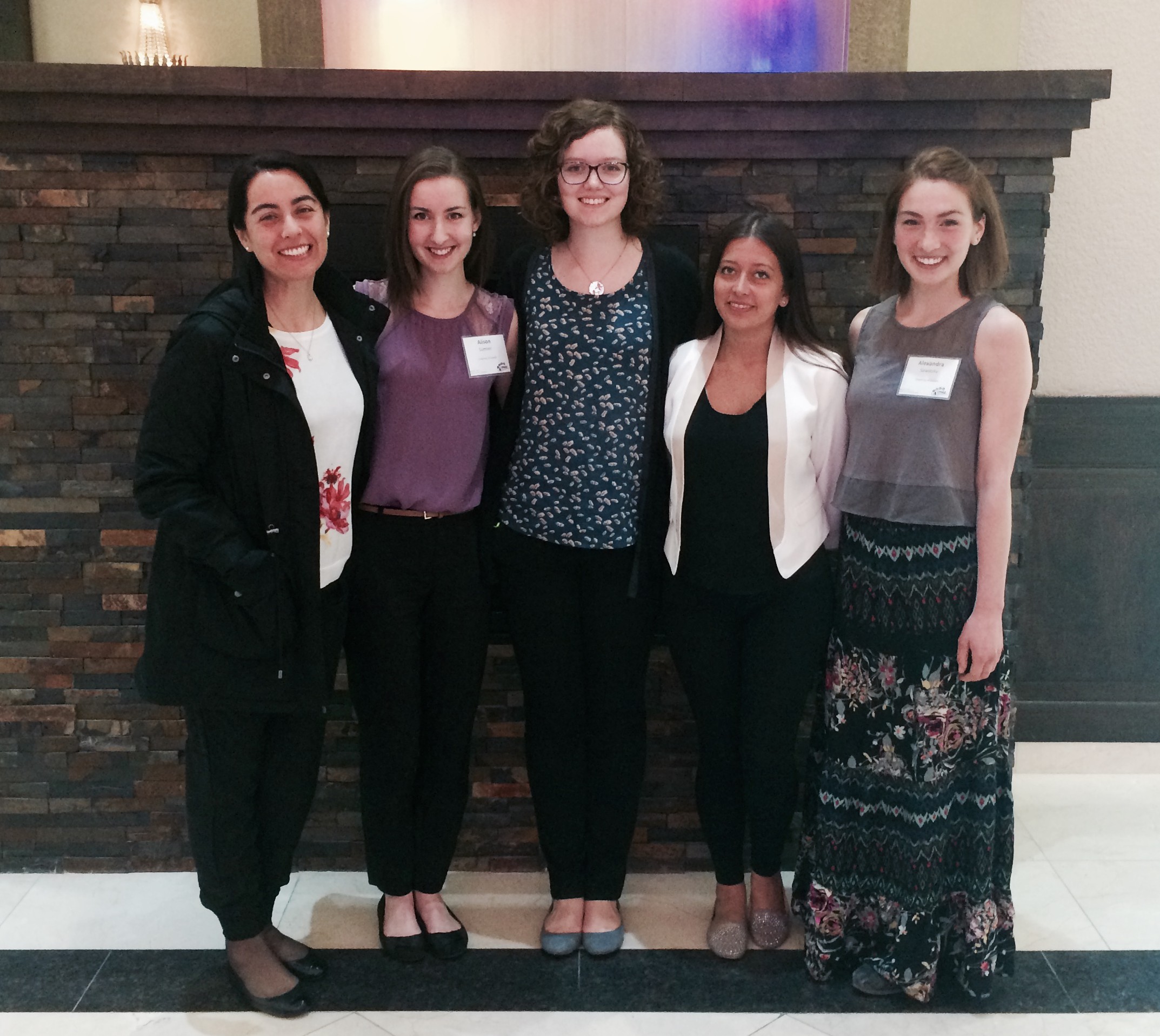
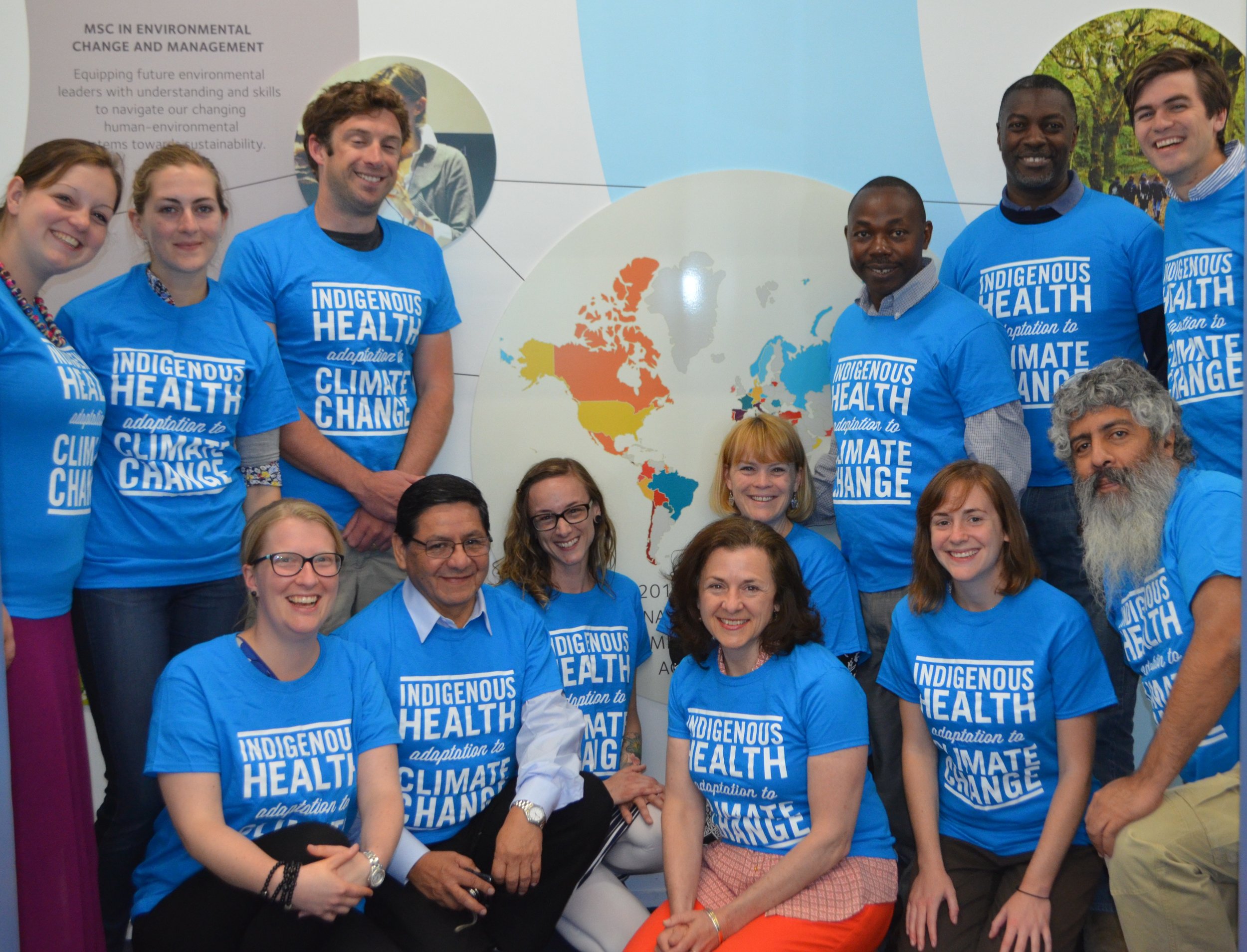
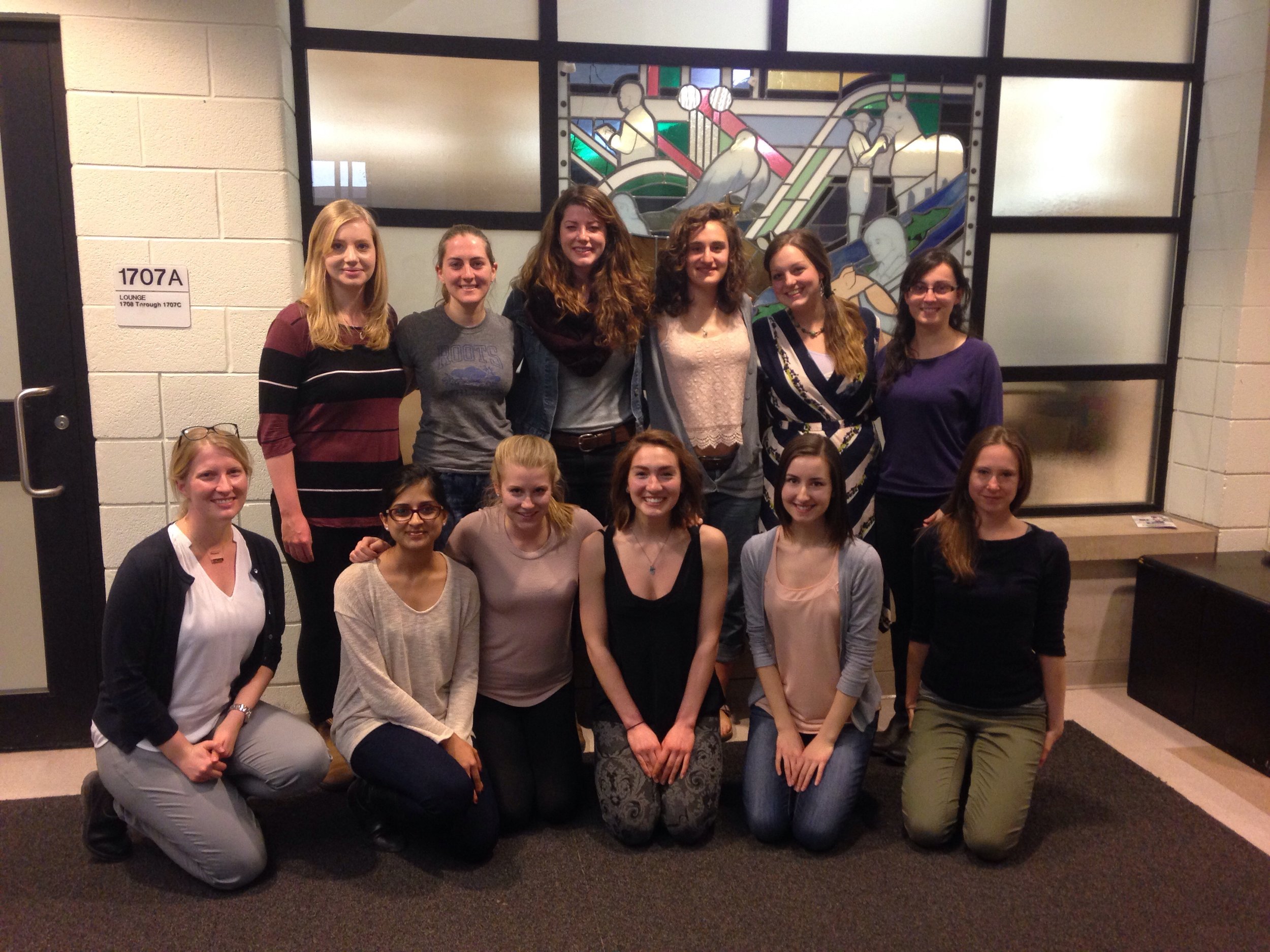 We recently had our last lab meeting of the Winter 2015 Semester! The EcoHealth Lab will be seeing many students graduate this semester, and we want to say a big congratulations to each of them again! The students have all worked so hard this year, and the rest of the lab is very proud of them! Congratulations to all of you, and the very best of luck to each of you in your endeavours beyond Guelph!
We recently had our last lab meeting of the Winter 2015 Semester! The EcoHealth Lab will be seeing many students graduate this semester, and we want to say a big congratulations to each of them again! The students have all worked so hard this year, and the rest of the lab is very proud of them! Congratulations to all of you, and the very best of luck to each of you in your endeavours beyond Guelph!
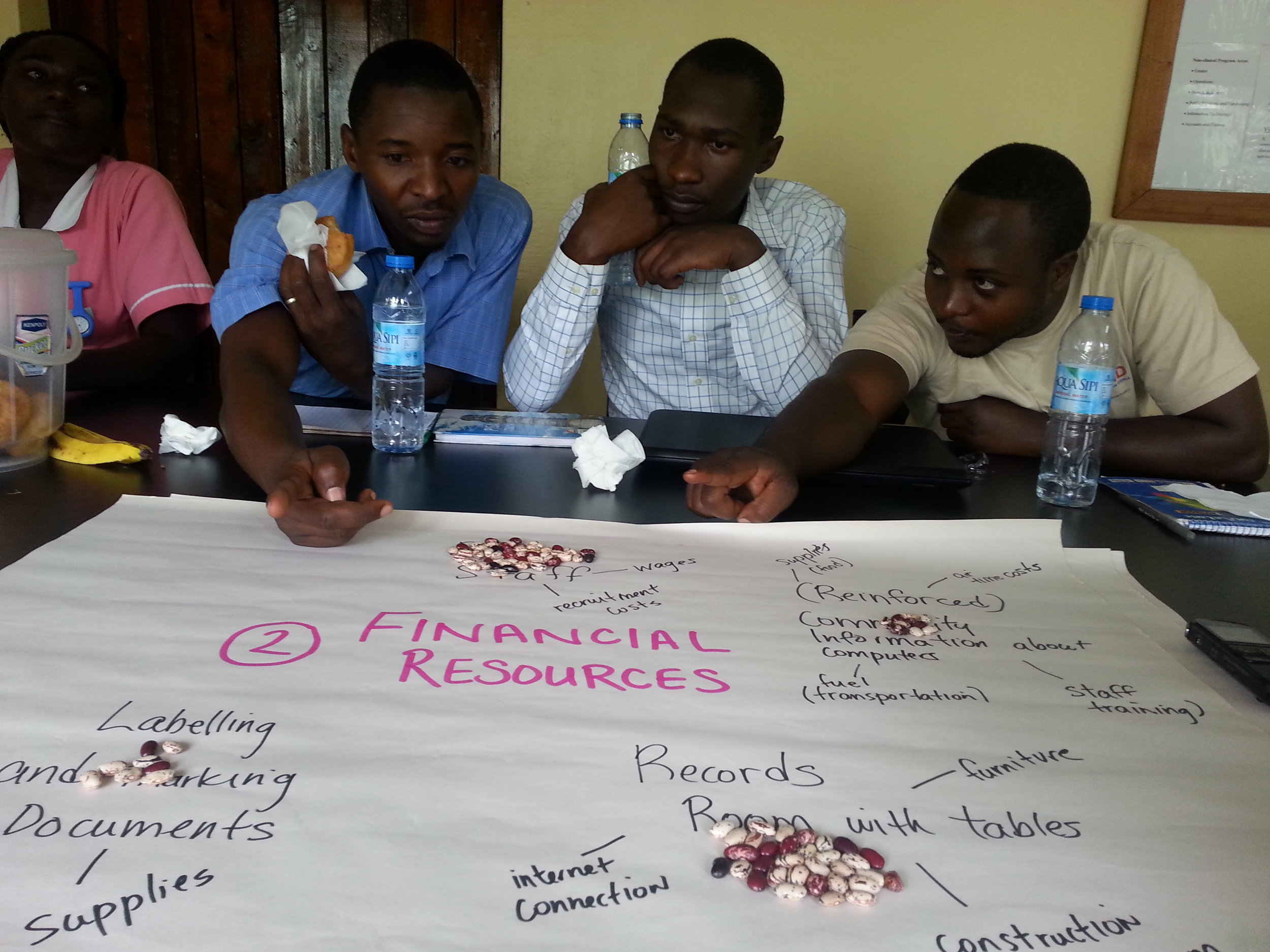
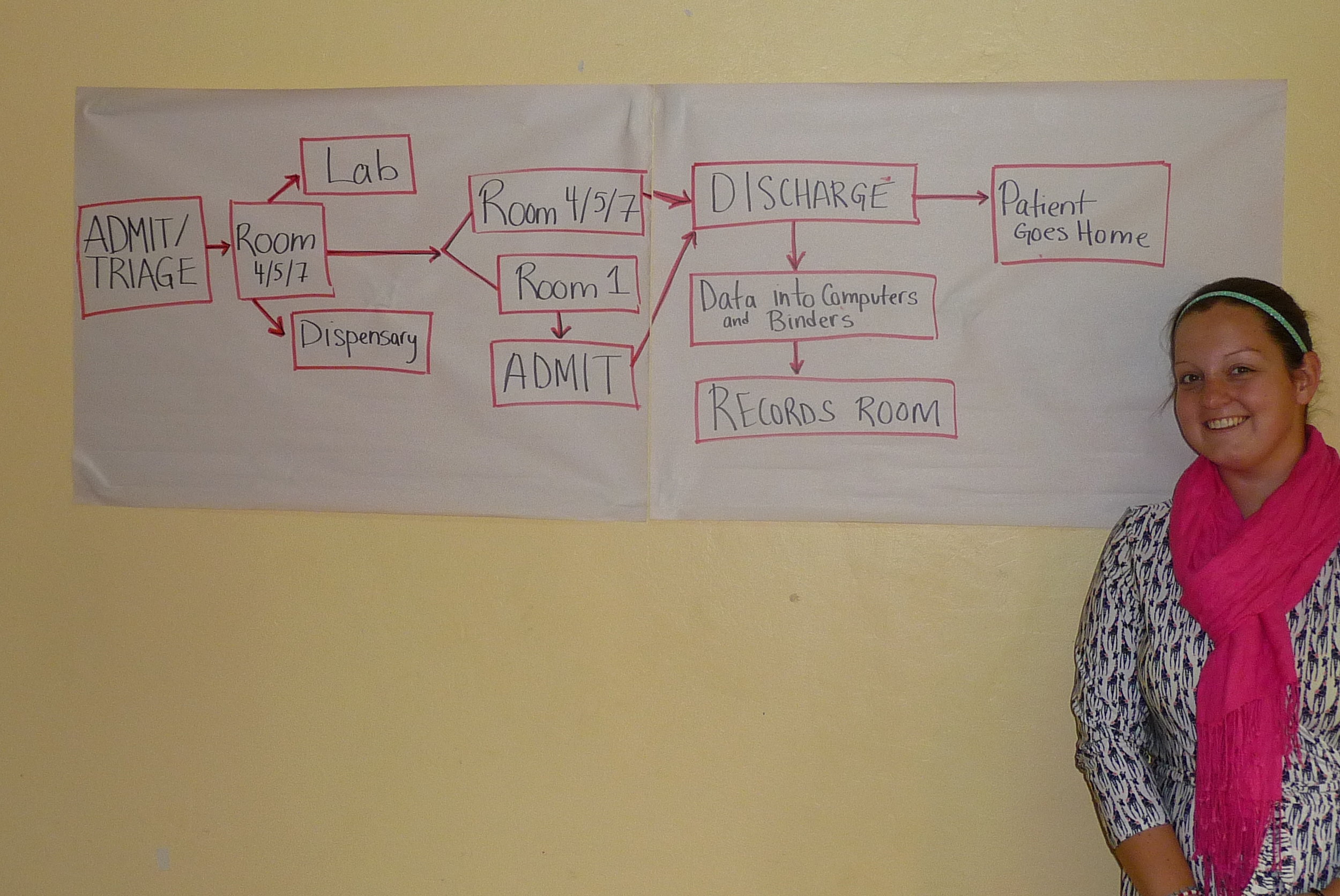


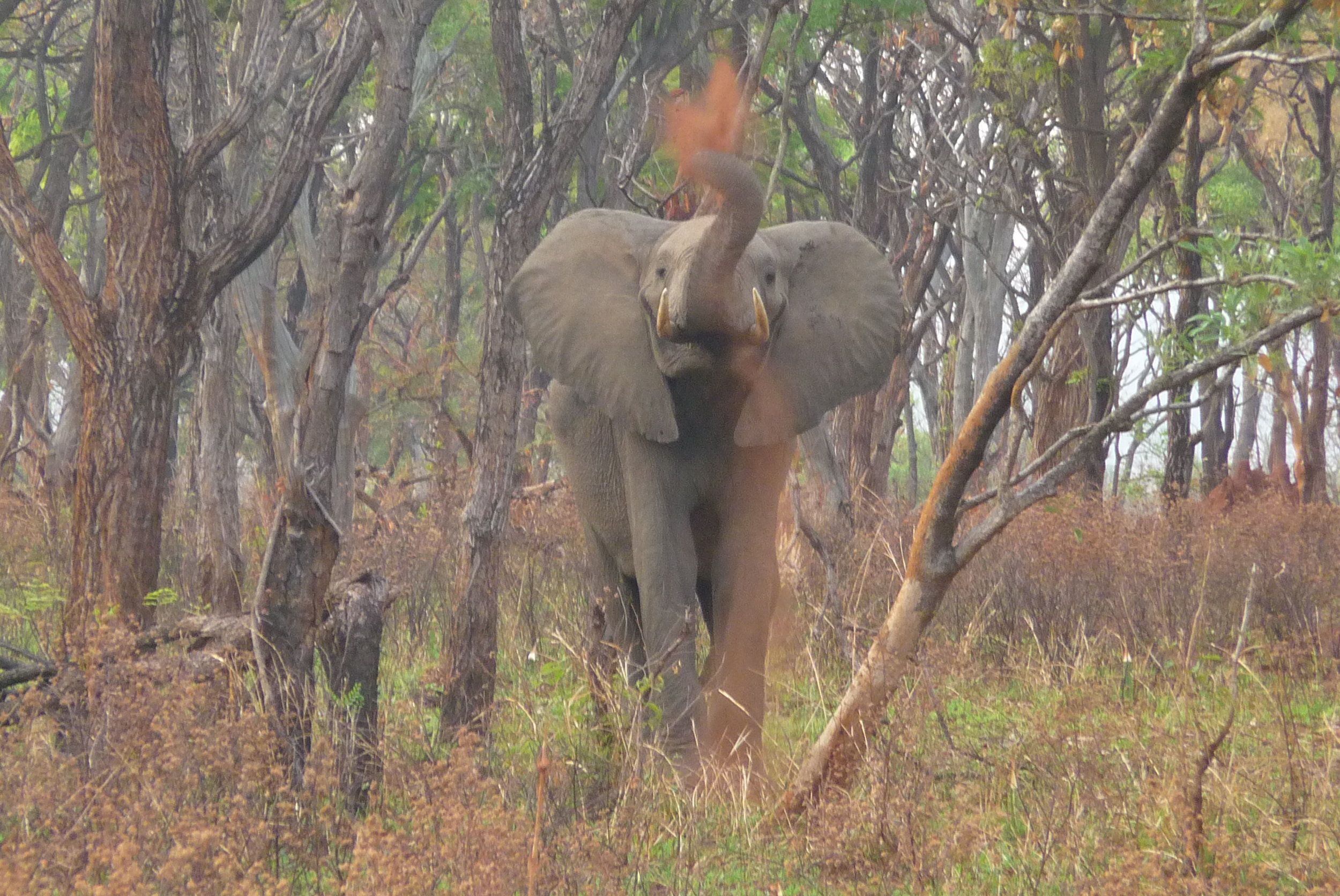 As a follow-up to the interviews and focus group, we are preparing the transcripts which will help us set up and guide the discussion for our preliminary results presentation next Monday. We are now focusing on transforming the focus group discussion into report form, in order to provide some suggestions for BCH prior to our departure on Tuesday. We look forward to presenting our preliminary results in a hospital-wide session prior to our departure!
As a follow-up to the interviews and focus group, we are preparing the transcripts which will help us set up and guide the discussion for our preliminary results presentation next Monday. We are now focusing on transforming the focus group discussion into report form, in order to provide some suggestions for BCH prior to our departure on Tuesday. We look forward to presenting our preliminary results in a hospital-wide session prior to our departure!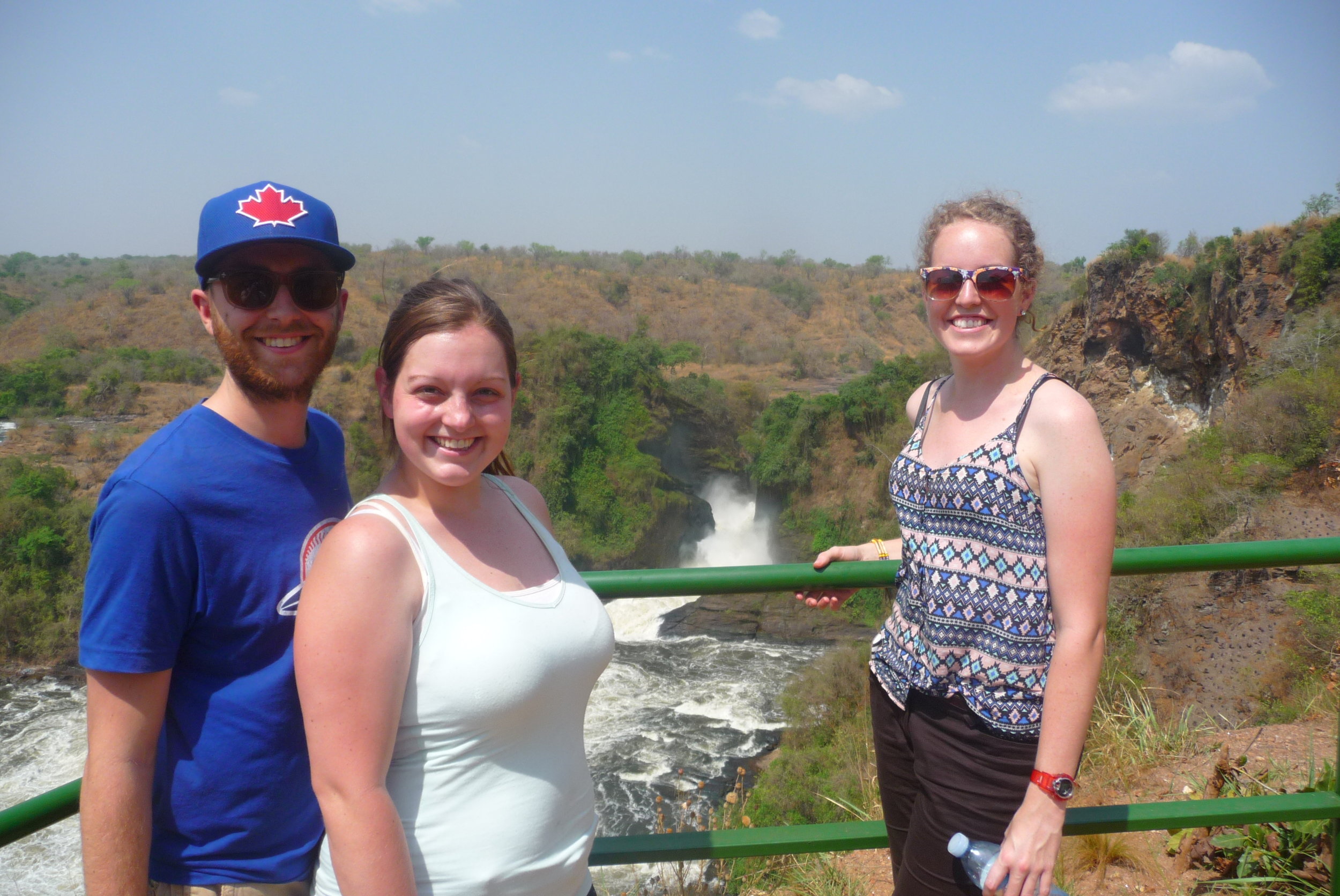
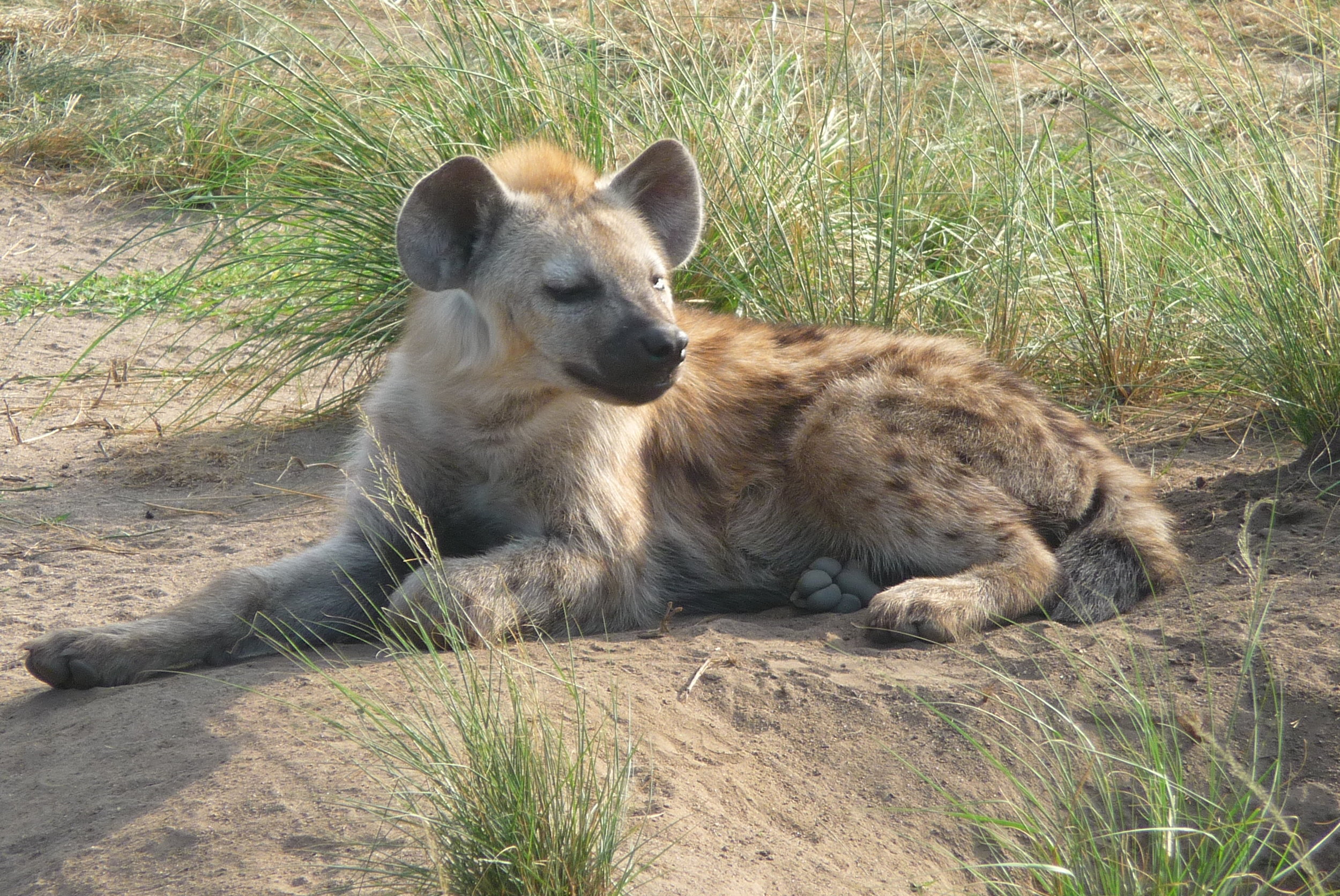
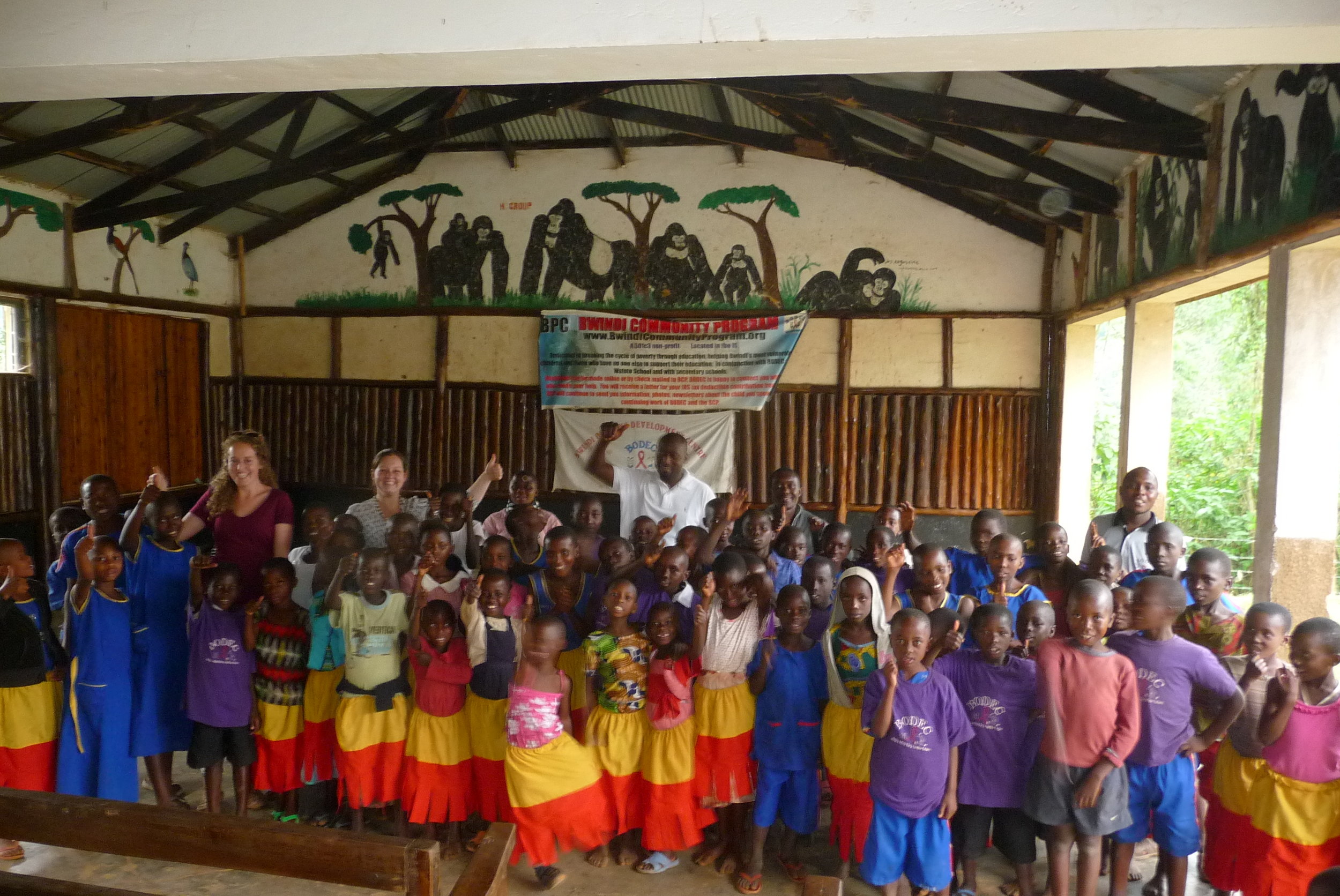
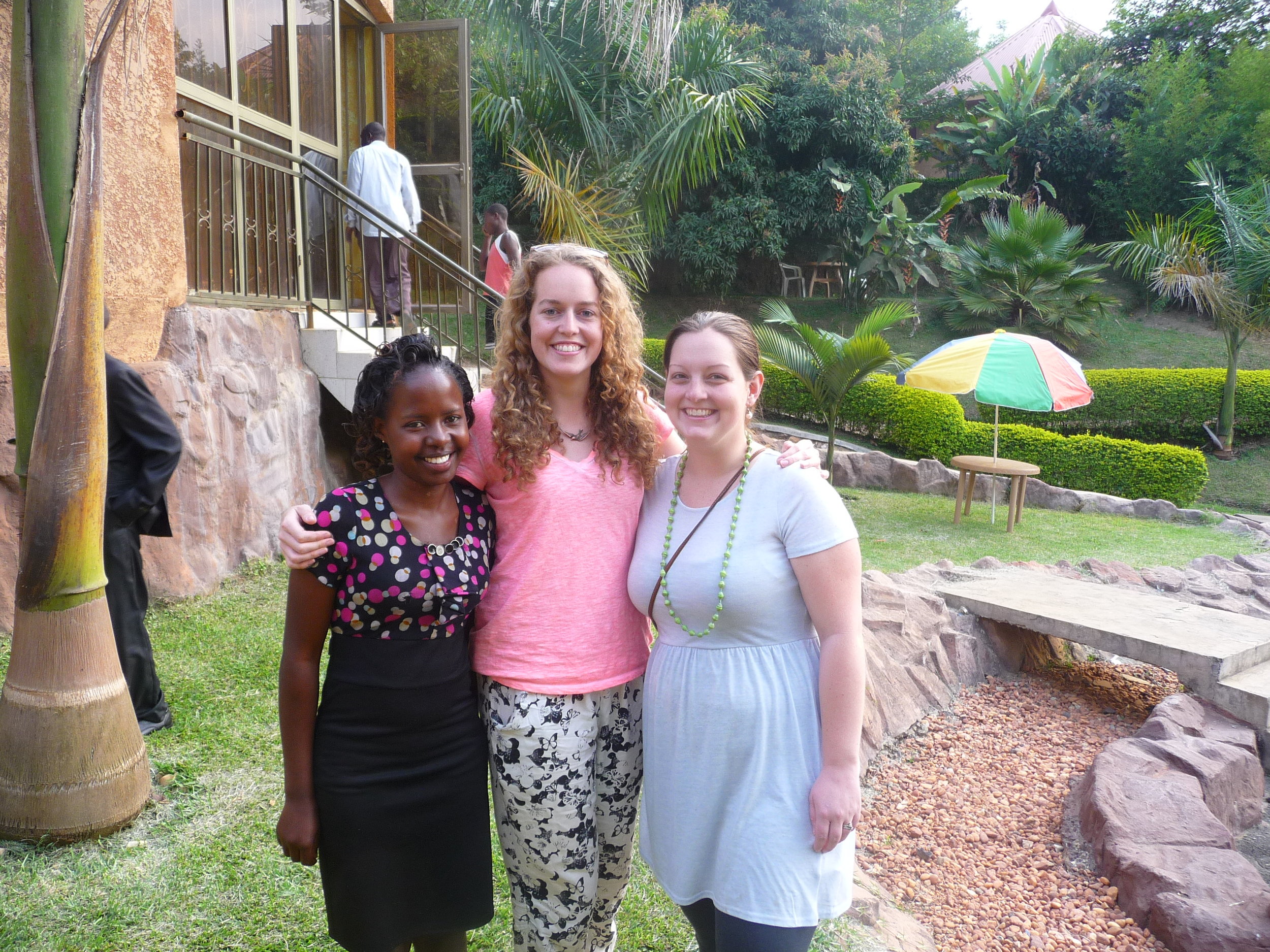 fferent data set, which is going quite well. This week we are also starting on a health records system evaluation project – we are looking forward to working on this.
fferent data set, which is going quite well. This week we are also starting on a health records system evaluation project – we are looking forward to working on this.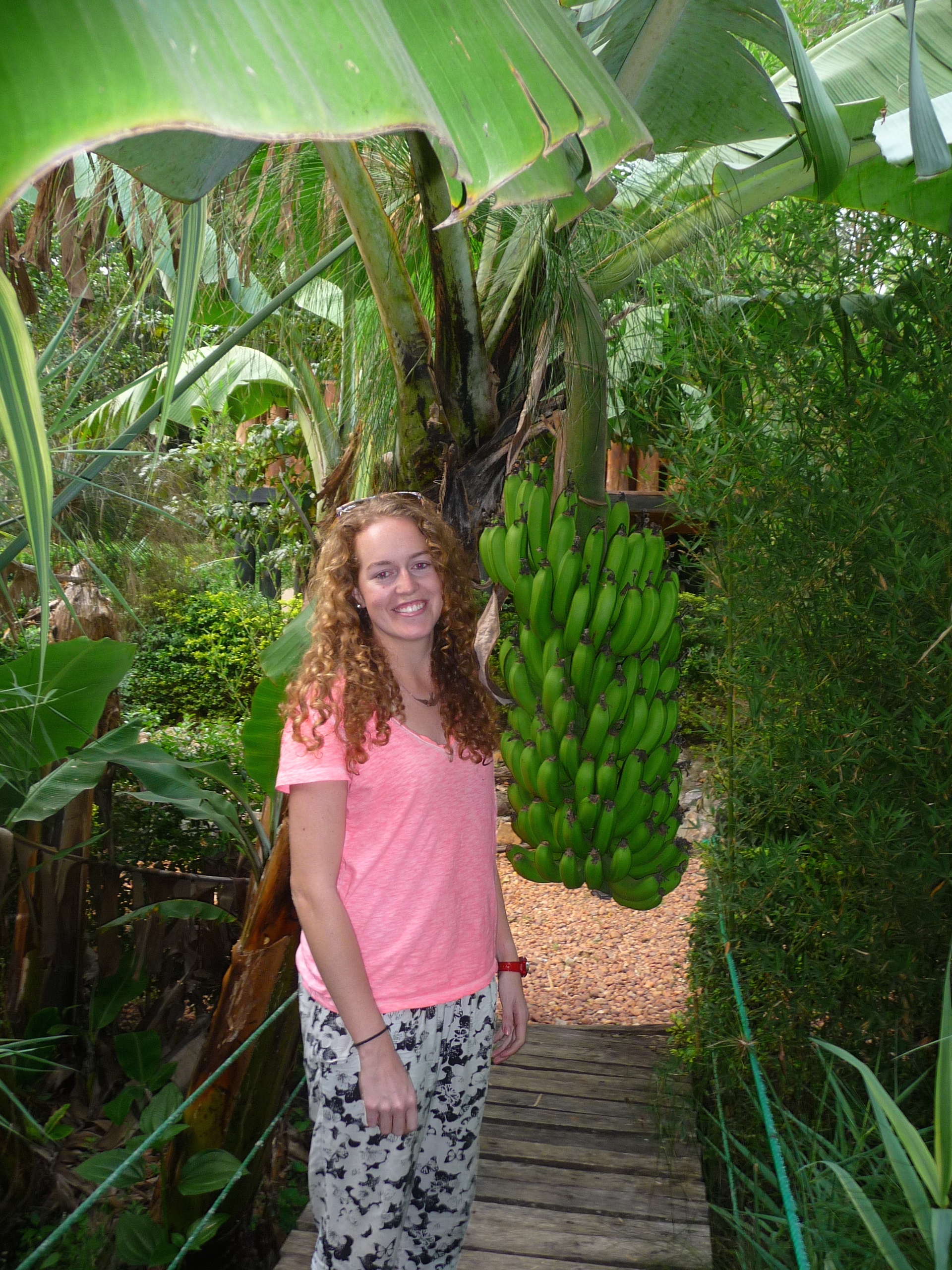
 ning, we went to our friend Shallon’s home for a delicious (and huge!) supper. Bob, the IT manager at BCH, also enjoyed dinner with us and with his wife and child. It was a lovely experience to spend time with everyone there, and we were really grateful to have been invited for dinner.
ning, we went to our friend Shallon’s home for a delicious (and huge!) supper. Bob, the IT manager at BCH, also enjoyed dinner with us and with his wife and child. It was a lovely experience to spend time with everyone there, and we were really grateful to have been invited for dinner.
 ould leave behind.
ould leave behind.

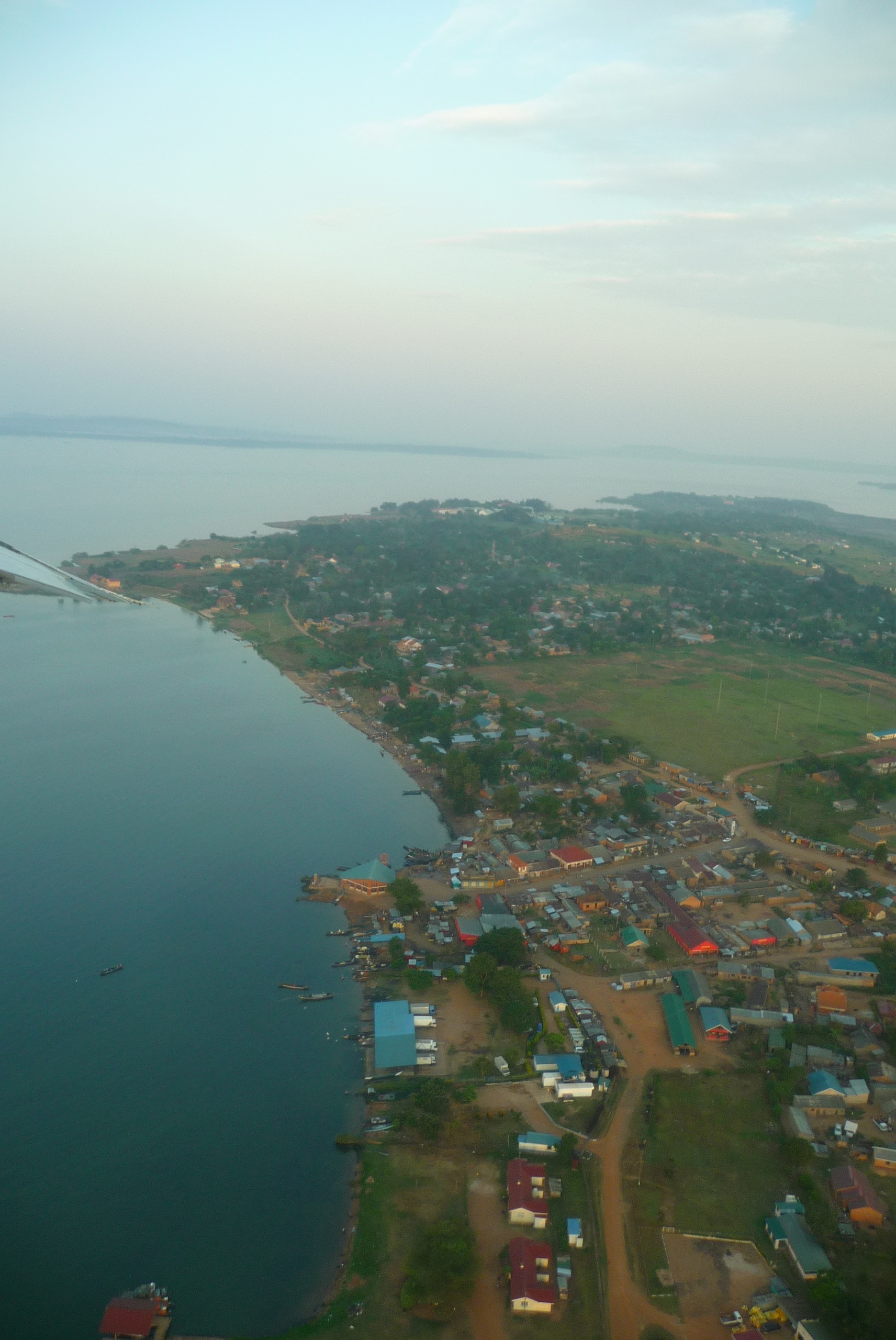
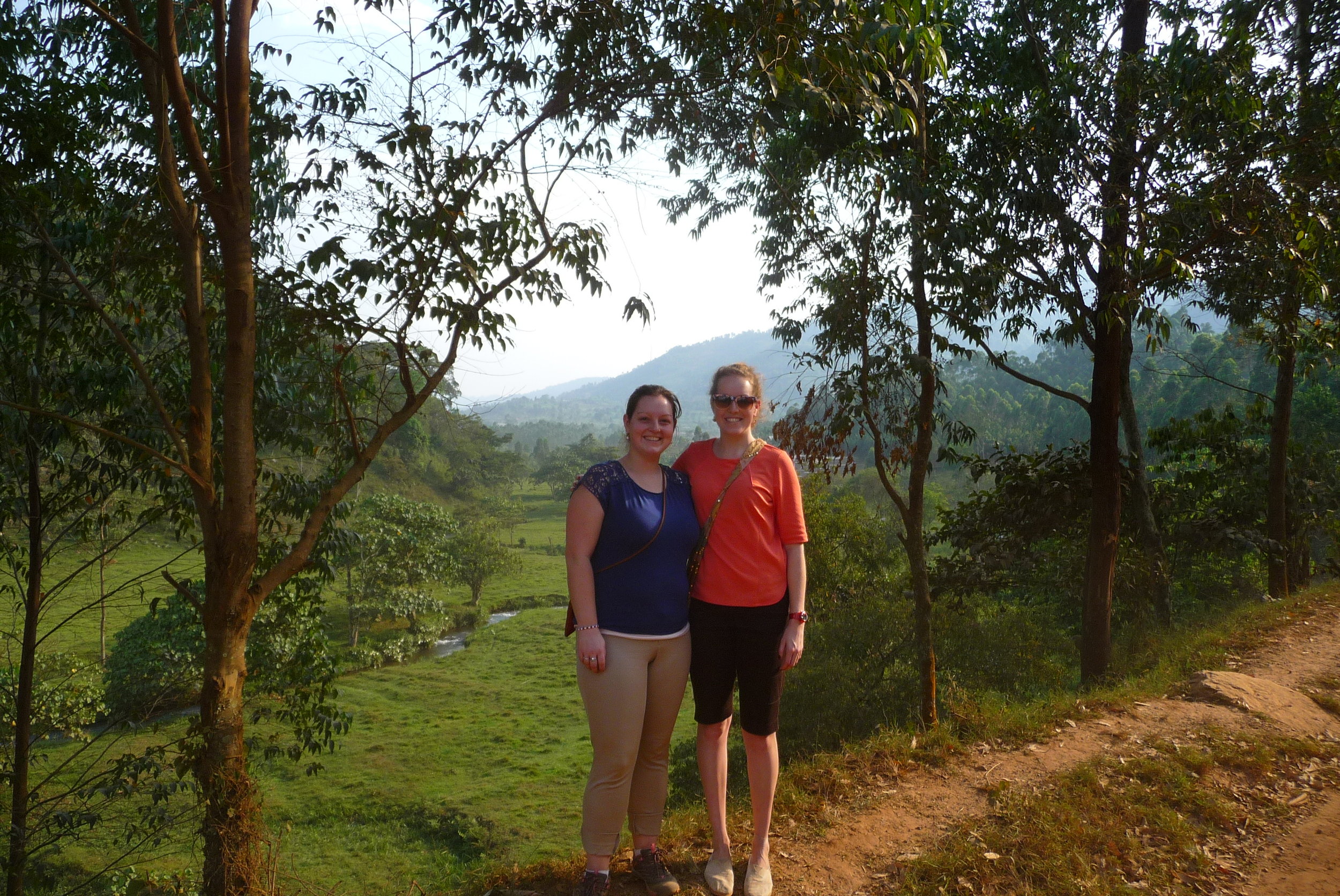


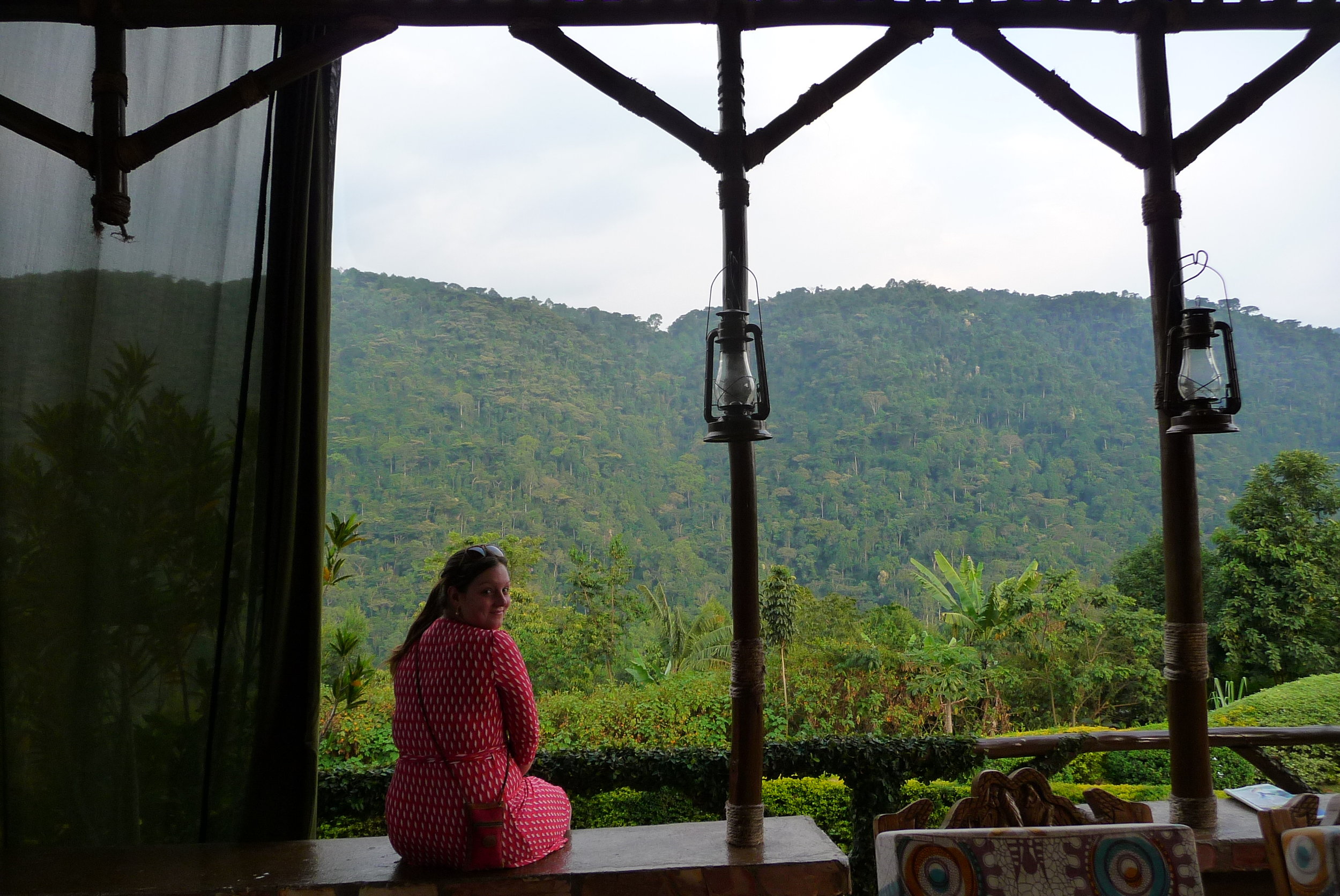
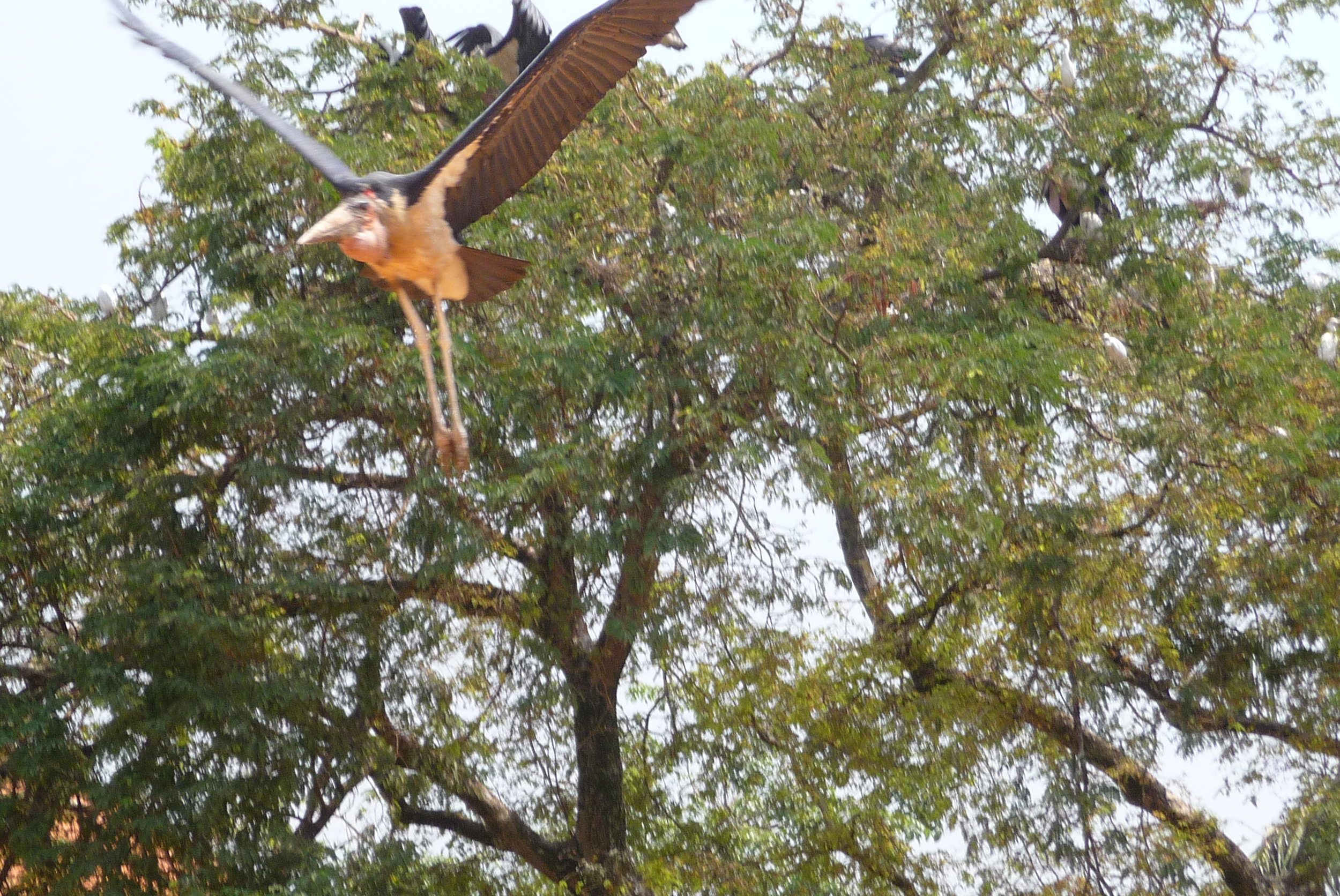
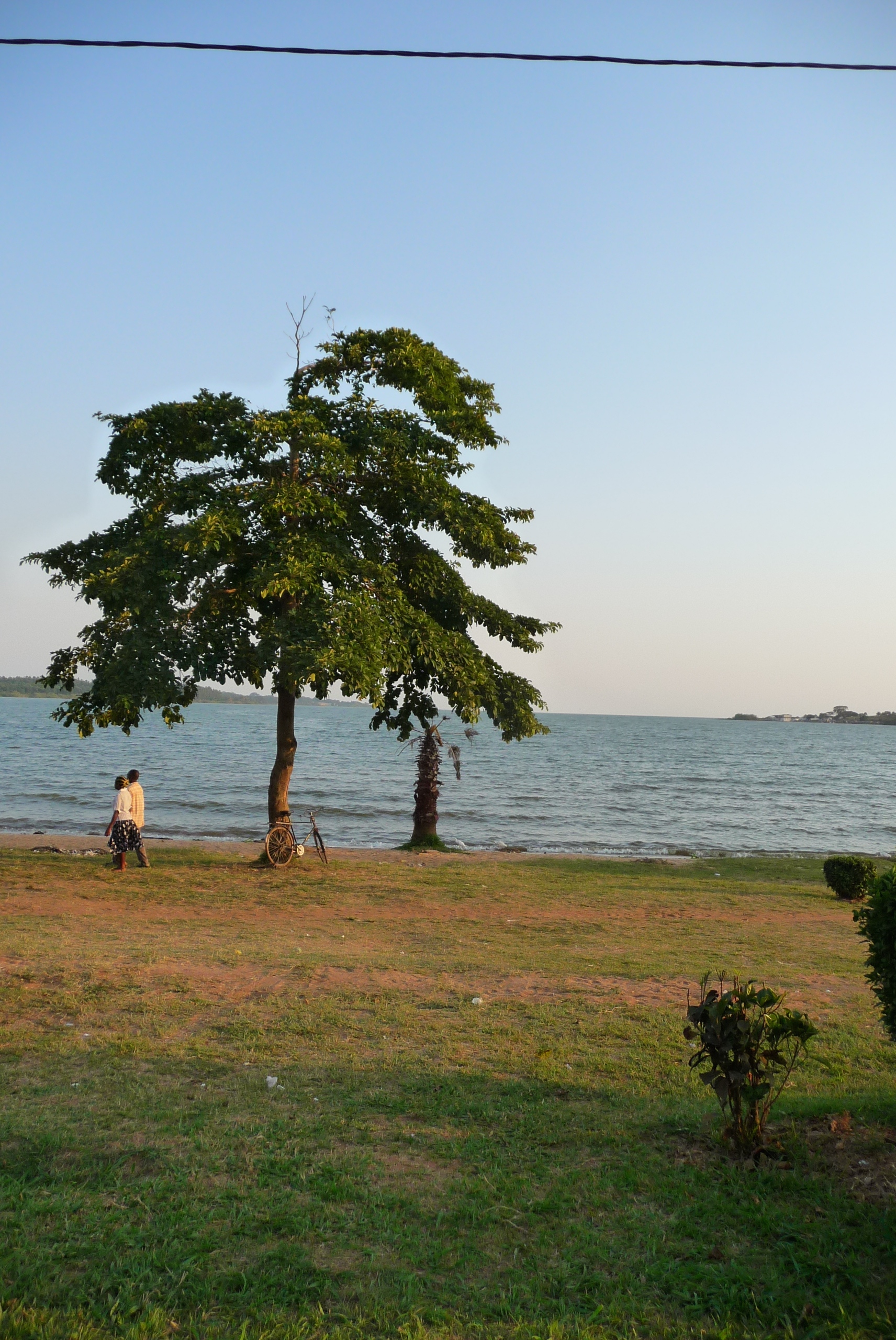
 nd it was as beautiful as I had imagined! I was excited to see the lake, and had looked forward to it for weeks. Once in Entebbe, we arrived at
nd it was as beautiful as I had imagined! I was excited to see the lake, and had looked forward to it for weeks. Once in Entebbe, we arrived at 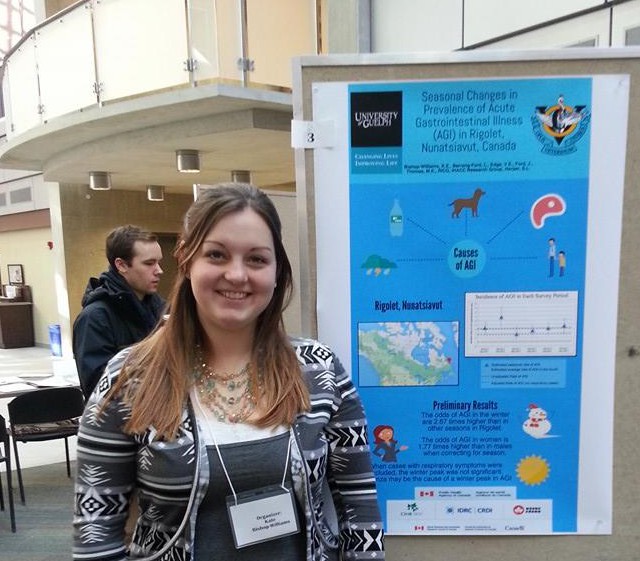
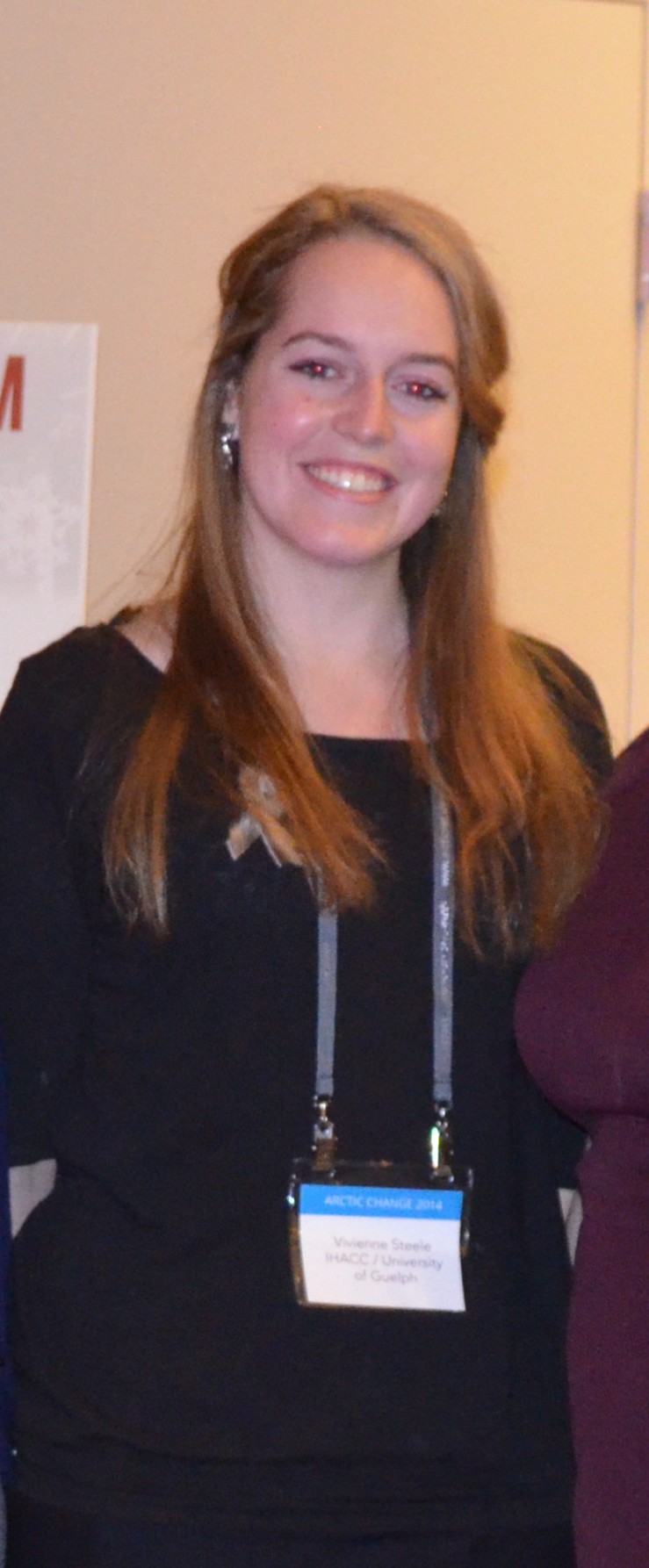 Friday was the fifth and final day of the
Friday was the fifth and final day of the  ongratulations to Kate Bishop-Williams for winning second place ($600) in the
ongratulations to Kate Bishop-Williams for winning second place ($600) in the 